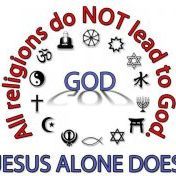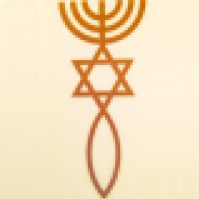-
Recently Browsing 0 members
- No registered users viewing this page.
-
Similar Content
-
- 0 replies
- 263 views
-
- 15 replies
- 1,113 views
-
- 1 reply
- 1,195 views
-
AI (Artificial Intelligence) and the Image of the Beast (Antichrist) 1 2
By 07-07-07,
- antichrist
- artificial intelligence
- (and 2 more)
- 17 replies
- 2,769 views
-




Recommended Posts